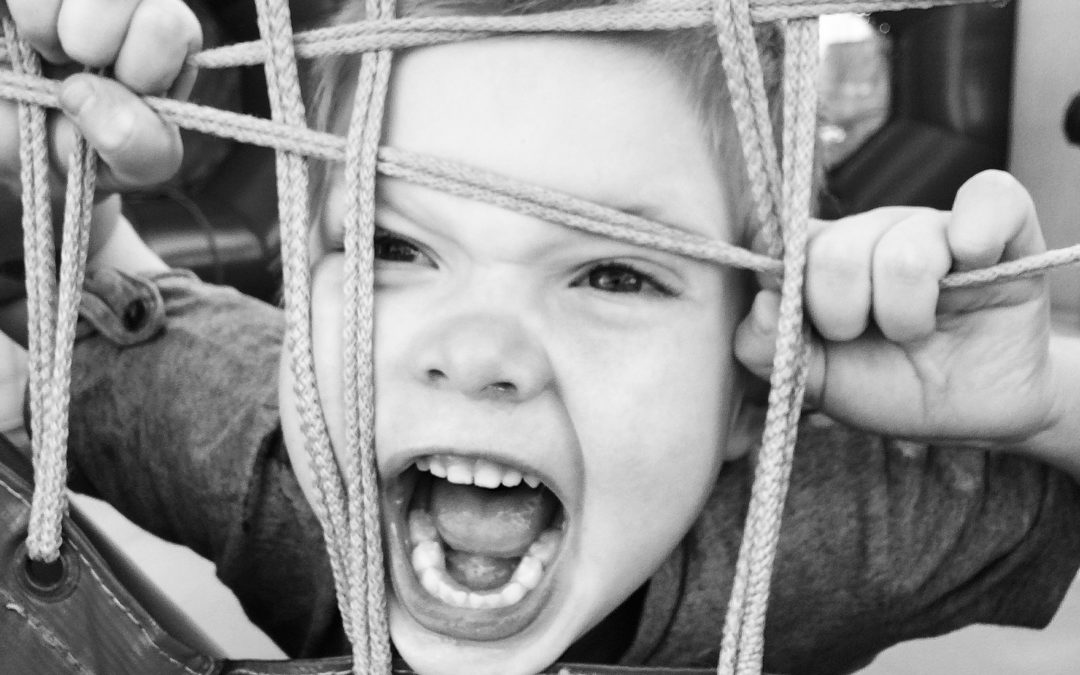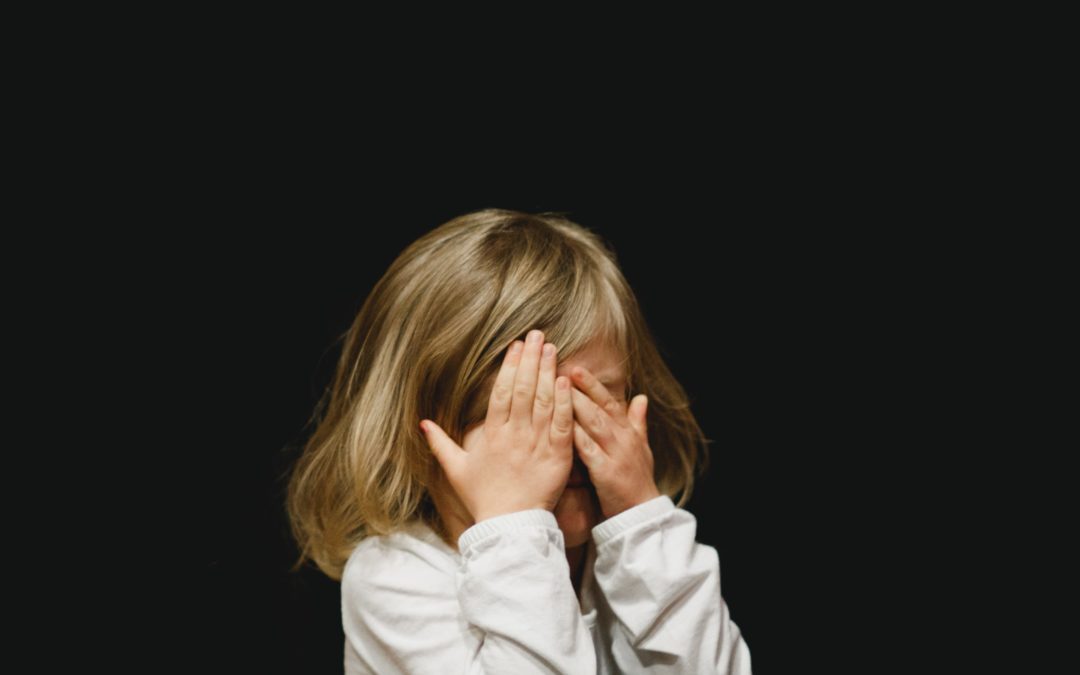Can mindfulness tame a tantrum?

You’re at the front of the ice cream queue, it’s hot, the shop is rammed and you ask your (until now) patient two and a half year old what flavour they’d like… and without warning they lose it. They scream, they kick and you have to take them out of the shop. Not a moment for Instagram!
Tantrums are a challenge. Our first daughter used to have them for all sorts of reasons. For instance we wouldn’t let her wild swim in a freezing cold lake. Who knew! Or (horrid parents) helped or didn’t help her with her shoes. Tantrums are usually something kids have some control over. So, there are ways to try to avoid them or at least stop them in their tracks.
Here’s some things I will try to remember the next time our daughter (now 4.5) has an irrational outburst.

Stop it before it starts
Come up with a private signal you can use when you see her getting frustrated. Practice the signal when they are calm. Talk about what they and you can do once you’ve used the signal.
Stay calm
Your first response to the embarrassment, irrational or even violent behaviour might be to raise your voice. The single most important thing though is to stay calm. (Easier said than done!) In your home make a calm space your child knows they can use. Explain this is a quiet space, not a punishment space. At first, you may need to help them to remember to go there when they are upset.
Identify the cause
Chances are they won’t know why. Too hot, too tired, too much sun, not enough water, something might have happened earlier, maybe they can’t communicate how they are really feeling. If you can identify the cause, great, it might help you defuse your child. If there is no obvious cause don’t worry, all that matters is that you speak to them calmly and cooly and don’t lose your temper with them.
Change of scenery
Whenever our daughter would explode in tears or anger, I’d gently pick her up (often with her whacking me) and take her somewhere else. Changing the environment plays a massive role in calming our child down. Somewhere cooler, quieter, with different air (preferably outside) will really start the process of cooling their mood.

Practice Mindfulness
I’ve picked her up and we’re outside, away from the group of friends, of everyone ‘trying to help’ and it’s just the two of us. We look for some flowers, some insects, some birds. We concentrate on what we can see and hear and we look and listen. Eventually the tears will stop. The hitting, the shouting and she’ll start to forget what set her off. We don’t talk about what happened – it doesn’t work for our daughter to rake up why she lost her temper. Instead I praise her when she’s able to gain control and calm down. I tell her specifically what she’s doing well. For example, “I know you were angry, and it was hard for you to stop yelling. You did a nice job taking some time to cool down.” Concentrating on nature and deep breathing really works very quickly to calm our little one down. It is good for me too! Take your time and don’t rush back too soon. Let them calm down properly.
If you can’t get out to nature another option is having a distraction activity you always carry with you. A snow globe, a pot of bubbles, some play dough. Let your child focus their attention on this while they calm themselves.
Don’t dwell on it
Your child is not doing this to punish you, they don’t know any more than you why they reacted in this way. So when we go back – we don’t talk about what happened. Move on from it and let them get back to what they were doing if it’s possible. Usually a drink or something to eat can also help restore their equilibrium. It’s not personal It happens to almost all parents. It’s not because of what you were doing or not doing. Children (and some adults) are not in control of their emotions or feelings yet.
Hope this works for you. All children are different of course so if you have another technique that works come and talk with us on our forum. Good luck!








